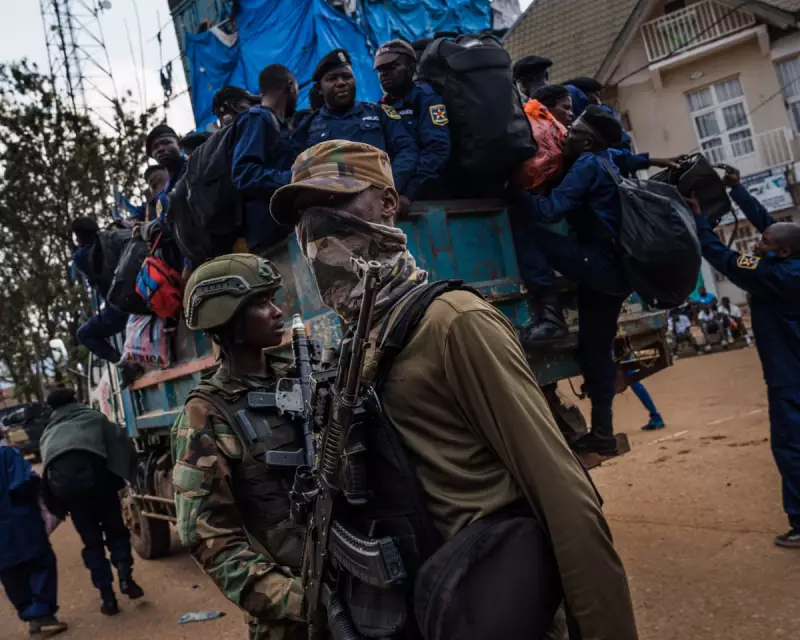
The Democratic Republic of Congo has launched a scathing attack on the European Union, accusing Brussels of applying "obvious double standards" in its new critical minerals agreement with Rwanda.
In a strongly worded statement, the Congolese government questioned how the EU could justify partnering with Rwanda while simultaneously acknowledging the role of conflict minerals in fuelling violence in eastern DRC.
'Selective Ethics' in Brussels
Kinshasa's outrage centres on a recently unveiled EU-Rwanda partnership designed to secure access to precious minerals essential for green technology and electronics. The deal promises to strengthen economic ties while ensuring "ethical sourcing" of resources like coltan, cobalt and tin.
However, Congolese officials point to what they see as a fundamental contradiction. "How can the EU claim to care about conflict minerals while signing deals with a country we accuse of plundering our resources?" asked a senior DRC diplomat, who spoke on condition of anonymity.
The Resource War in Eastern Congo
The heart of the dispute lies in the mineral-rich eastern provinces of the DRC, where numerous armed groups continue to battle for control over mines and trading routes. The Congolese government has long maintained that Rwanda supports these rebel factions, a claim Kigali consistently denies.
European laboratories and manufacturers desperately need these very minerals to power everything from smartphones to electric vehicles. Yet the DRC argues that EU policies effectively reward the very behaviour they claim to oppose.
A Growing Diplomatic Crisis
This confrontation represents a significant escalation in tensions between the DRC and its eastern neighbour. Kinshasa has now formally demanded that Brussels provide clarification about the apparent contradiction in its foreign policy.
The timing couldn't be more sensitive, as the EU attempts to position itself as a leader in ethical mineral sourcing while reducing dependence on Chinese supply chains.
As one African affairs analyst noted: "Europe wants clean hands without asking difficult questions about where the minerals actually come from. The DRC is finally calling them out on it."






